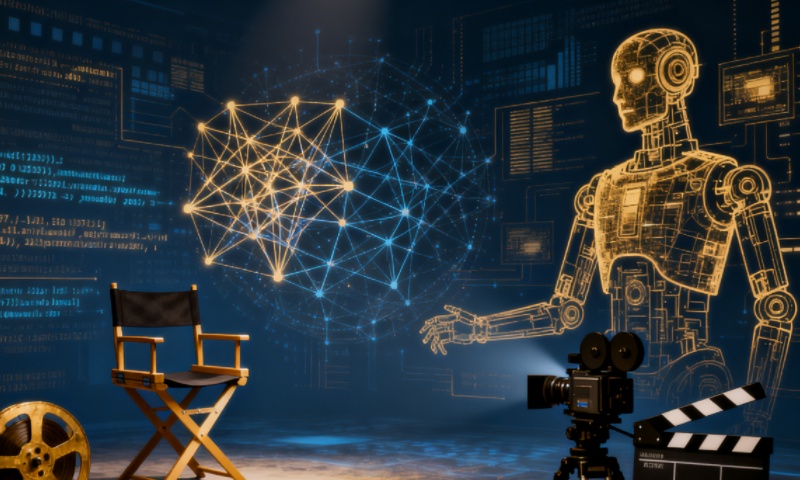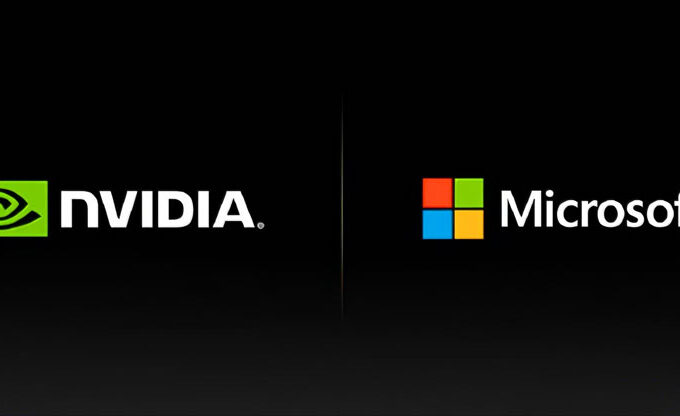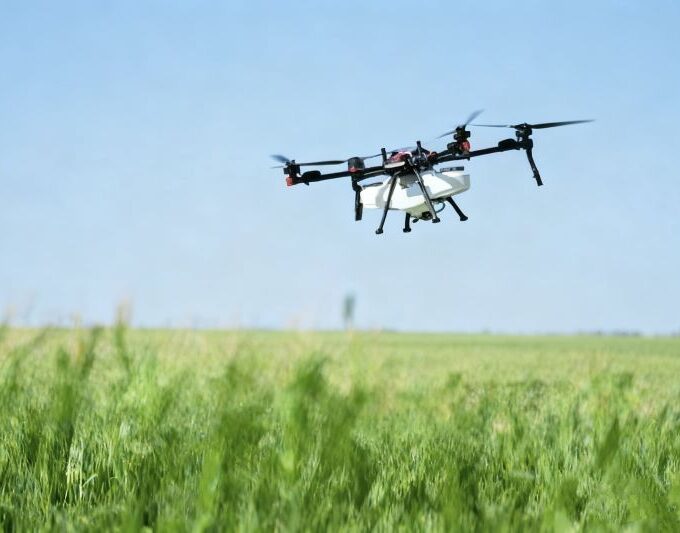On September 22, during the 30th Busan International Film Festival, the “Future Vision: International AI Film Summit” brought together filmmakers and technology experts to explore the profound impact of AI technology on the film and television industry. The summit featured screenings of five award-winning short films independently produced by Chinese and Korean creators using tools like Jiemeng AI. Spanning diverse genres from supernatural tales to contemporary realism, these works transformed personal memories and imaginative concepts into visual narratives, challenging the perception that “AI is only capable of sci-fi themes.”
AI Transforms Film Production
Xiang Kai, Senior Director of Model Strategy Products at Volcano Ark, revealed at the summit that AI has permeated the entire film and television production process, with its technological value concentrated in two dimensions: efficiency revolution and inclusive empowerment. By 2025, the global AI+film and television market is projected to reach $716.8 million, maintaining a high compound annual growth rate of 31%. The efficiency gains enabled by AI technology are remarkable. Tools like Sora Turbo can directly generate 4K video from text, compressing special effects production cycles from the traditional 72 hours to just 10 minutes. In the Chinese market, iQiyi’s “AI Micro-Short Drama Accelerator” pushes workflow compression to the extreme: after creators upload scripts, the system automatically assigns digital actors and generates scenes, delivering finished productions in as little as 48 hours. The Vice President of Film Production at Bona Film Group stated, “As AI technology matures, the entire industry has evolved from initial skepticism and rejection to gradual acceptance, respect, and adoption. AI-generated film and television content is rapidly approaching an explosive ‘singularity’ point.”

A New Era of Human-AI Filmmaking
Despite the rapid advancement of AI technology, summit participants widely agreed that the core essence of filmmaking remains irreplaceable. Producer Li Shaowei emphasized: “Tools may evolve, but our desire to tell stories—to tell our own stories—is eternal.” Sociologist Li Yinghe believes technological progress has opened new expressive spaces, with AI serving not merely as a tool but as a creative partner, helping artists push the boundaries of artistic and emotional expression.
Future filmmaking may adopt a dual-track approach: continuing traditional shooting methods while leveraging AI to explore previously unimaginable narratives. Under this model, AI will integrate as a special effects technology within film production, evolving alongside conventional cinema. AI technology is not here to replace filmmakers but to grant them greater creative freedom. As technology advances, the film industry is entering a new era of human-machine collaboration—where AI enhances efficiency and breaks technical barriers, while humans focus on emotional expression and artistic innovation.












